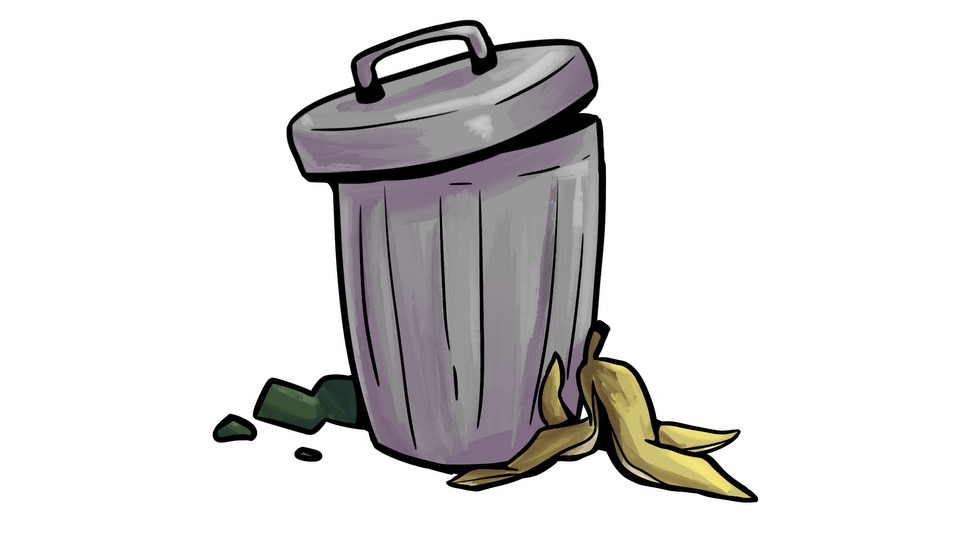OPINION: Every year, food loss and waste cause more greenhouse gases to be released into the atmosphere than all the world’s airplanes combined. Food waste adds up.
In the United States, over a third of all available food goes uneaten, according to the USDA. That’s like purchasing a carton of eggs and then throwing four of them in the trash as soon as you get home. In the U.S., over half of 18 to 29-year-olds see climate change as a major threat. At the same time, young adults tend to waste more food than older generations. Over 60% of consumer food waste is avoidable, and yet we’re heating the planet with our habits.
It might be surprising that throwing food in the trash has an environmental impact, because we think of food as decomposing naturally. But landfills are not natural. The lack of oxygen means that as food breaks down in landfills, it releases methane gas. Methane is 28 times worse than carbon dioxide in terms of trapping heat in the atmosphere. That’s bad enough, but it’s not the only way that food waste is hurting the planet.
Consider a hypothetical orange at the grocery store. That orange was probably grown in California, Florida or Texas. The orange tree needed land, water and nutrients to grow. After the orange was harvested, it had to be transported here, probably in a refrigerated truck. Let’s say you buy this orange, and when you get home, you refrigerate it. It ends up in the back of the fridge when you put your other groceries in there, and you forget about it. When you find it a while later, it’s a little too soft, so you throw it away. A garbage truck picks it up. Sound familiar? One orange won’t have a big impact, but nearly a quarter of trash in landfills is food waste. And even if it doesn’t end up in a landfill, if it is converted to biogas, incinerated or even composted, all the carbon emissions that were used to grow, harvest and transport that orange are wasted.
So why is this happening? A 2021 Australian study identified a few key reasons why Gen Z may be wasting so much food. For one, impulse purchases – buying things without a plan on how to use them. We may also store food incorrectly, forget that we have it or throw it away unnecessarily. Best-by, sell-by and use-by labels indicate freshness, not the absolute last day something is edible. To determine that, we have to trust our senses.
We also lack cooking skills as a generation, including not knowing how to creatively use leftovers. So ask your older relatives how they reduced food waste. Maybe you will discover something interesting, like I did. When my dad was a kid, his family used to eat “the concoction” every Saturday morning. It was all the leftovers from the week – chicken, crumbled burgers, vegetables, rice or whatever else was on hand – sautéed and mixed with eggs.











